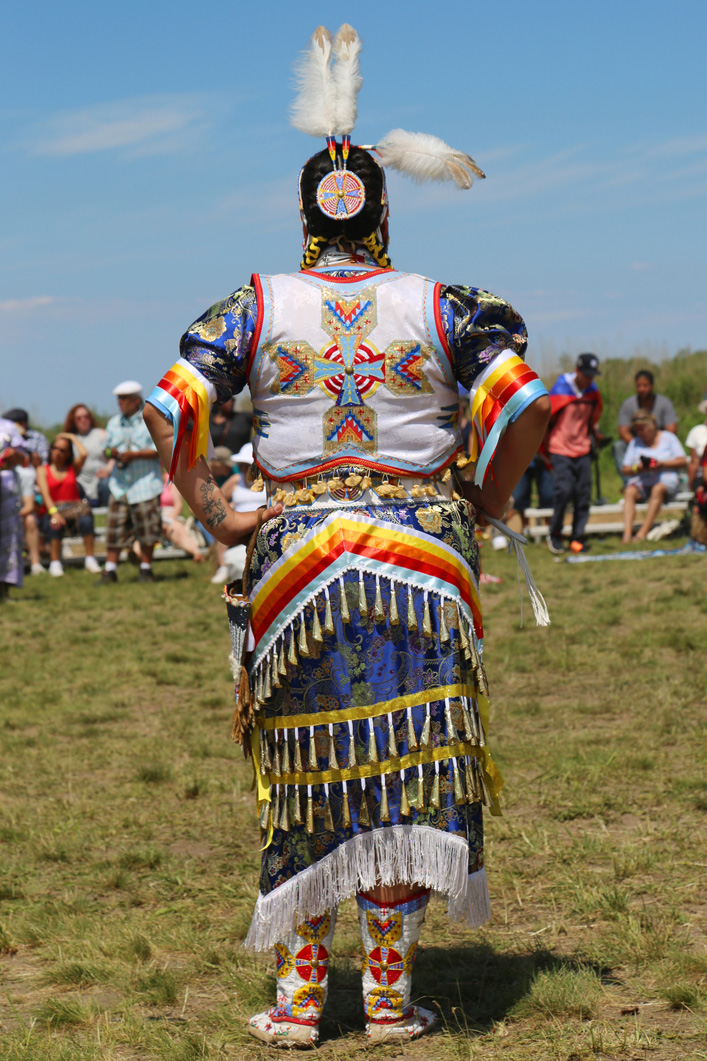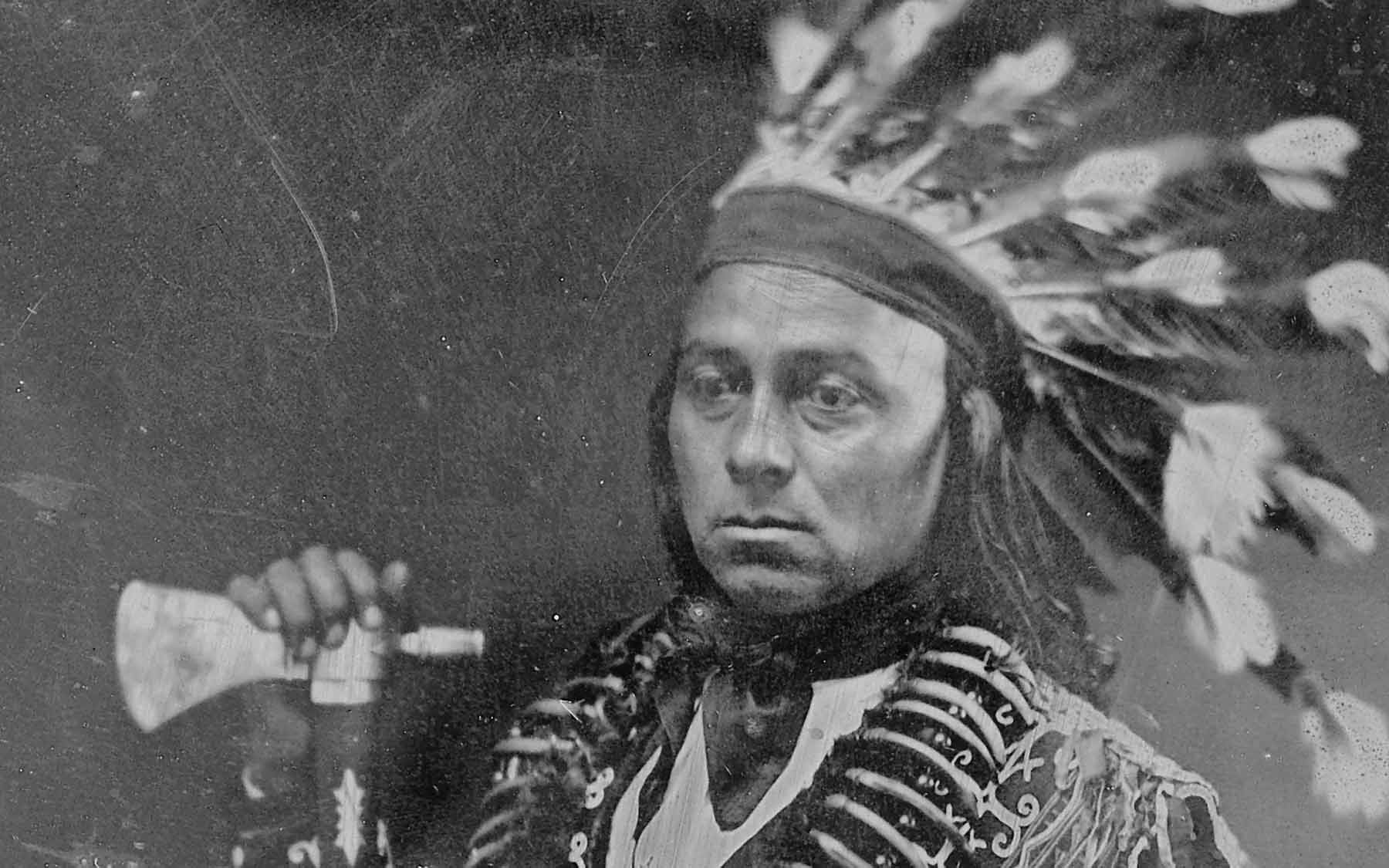Elders are respected individuals who play key roles in Indigenous communities. They are important knowledge keepers, and they also help to ensure cultural continuity. As living connections to the past, Elders serve as teachers, healers, advisors and counsellors. Elder knowledge is culturally specific, meaning Anishinaabeg teachings, for example, are not necessarily Haudenosaunee teachings. However, Elders share some commonalities; for instance, spirituality and tradition shape their lives as well as the guidance they provide to others.

Isadore Charters, an Indigenous artist, Elder and residential school survivor was at Simon Fraser University’s Burnaby campus in 2013 to share his heartfelt story with criminology students through storytelling and his totem pole project.
(courtesy Simon Fraser University/Flickr cc by 2.0)
What Is An Elder?
Generally, an Elder is someone with enough life experience and knowledge of Indigenous traditions to offer guidance and teachings grounded within that experience and knowledge. An Elder is expected to live by what they teach. If an Elder becomes caught up in controversy by failing to follow tradition or their own teachings, other Elders and community members will stop recognizing that individual as an Elder.
It is important that Elders communicate their knowledge to others in a meaningful manner. An Elder is meant to be non-judgmental and an excellent listener. Generally, they have a good understanding of self, shaped by life experience and knowledge of tradition and culture. Elders are humble people who never aspired or claimed the title until their communities and other Elders referred to them as such. In many Indigenous communities, and within families, Elders are referred to as aunties, uncles, grandmothers or grandfathers.
While Elders are often seniors, this is not always the case. Not all Indigenous seniors are Elders, and not all Elders are Elderly. An Elder is recognized as such by their Indigenous community.
What Do Elders Do?
Elders are often called to undertake the following crucial roles: teacher, counsellor, ceremony conductor, healer and conflict resolver. Each of these categories is not distinct; for instance, an Elder is responsible for teaching the ceremonies and knowledge of healing to the next generation. An Elder can use traditional knowledge and ceremony as well as their stature to help resolve conflicts while imparting cultural teachings. It must be remembered, however, that every Elder has unique experiences and lessons gathered over a lifetime that will make the individual more adept in some roles than others.
Elders are committed to living what they teach, helping others and working to improve individual and community well-being. Elders are generally expected to remain neutral or passive when speaking or working with people; however, they may assume more of a vocal stance or immediate actions if these are determined to be needed. For instance, Elders are taking leading roles in resisting and guiding resistance to colonial exploitation of lands and waters.

Indigenous Elder speaking at the 2017 Canada Summer Games
(courtesy Canada Summer Games/Flickr
cc by 2.0)

 Share on Facebook
Share on Facebook Share on X
Share on X Share by Email
Share by Email Share on Google Classroom
Share on Google Classroom








